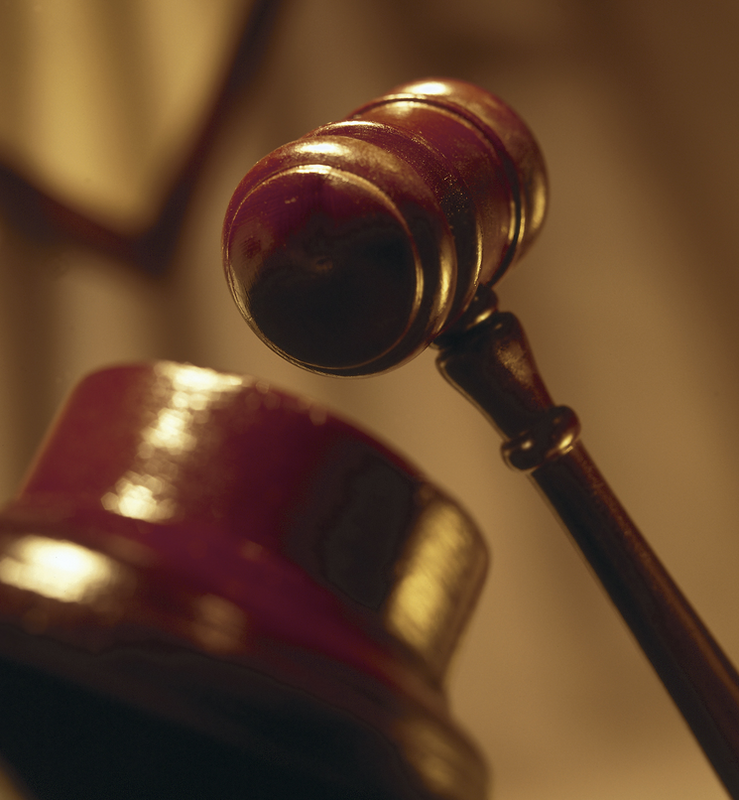Texas Courts Supreme Court Info - Lawyer and Attorney Legal Resources
The Supreme Court may also hold any judge, lawyer, attorney, or other party properly before the Court in contempt for disobeying its lawful orders. Any person (in the case of a real estate dispute in east Dallas, a Lakewood homeowner, for example) found guilty of contempt of the Court may be punished by a fine not to exceed $500 or by confinement in the Dallas county jail for not more than six months. Finally, the Court may mandamus a public official in connection with improper proceedings involving elections or political party conventions.
The Supreme Court is responsible for writing the rules that govern civil procedure in all courts of the state. Unless specifically rejected by the state legislature, these Rules of Civil Procedure, when adopted by the Court, become law. Considerable power is given to the Supreme Court to equalize the dockets of the lower courts. The Court can order cases transferred from one court of appeals to another, and the Chief Justice of the Supreme Court can require a district court judge to move temporarily into another administrative judicial district for this purpose.
The Supreme Court is responsible for writing the rules that govern civil procedure in all courts of the state. Unless specifically rejected by the state legislature, these Rules of Civil Procedure, when adopted by the Court, become law. Considerable power is given to the Supreme Court to equalize the dockets of the lower courts. The Court can order cases transferred from one court of appeals to another, and the Chief Justice of the Supreme Court can require a district court judge to move temporarily into another administrative judicial district for this purpose.


 RSS Feed
RSS Feed
